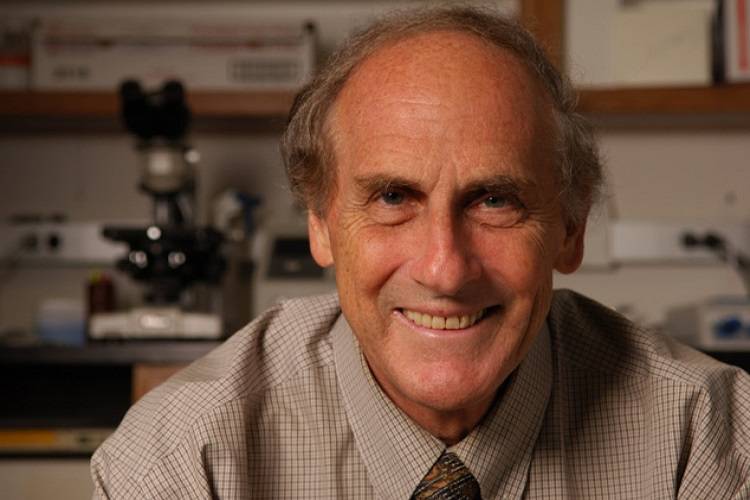Ralph M. Steinman (14 January 1943 – 30 September 2011) was a Canadian physician and medical researcher. He was awarded the Nobel Prize posthumously in Physiology or Medicine in 2011.
Life and Career
Ralph M. Steinman was born on 14 January 1943, in Montreal, Canada. He attended Montreal’s McGill University, where he earned his Bachelor of Science degree in 1963.
Steinman continued his education at Harvard University, where he completed his doctoral studies in immunology, earning a Ph.D. in 1968.
After completing his Ph.D., Steinman conducted postdoctoral research at the Laboratory of Cellular Physiology and Immunology at Rockefeller University in New York City.
In 1973, Steinman made a groundbreaking discovery: he identified and characterized a new type of immune cell, which he named “dendritic cells” due to their distinctive branching shape. His research showed that dendritic cells played a pivotal role in initiating and regulating the body’s immune response, serving as a bridge between the innate and adaptive immune systems.
Steinman’s work laid the foundation for our understanding of dendritic cell biology and its importance in vaccine development, autoimmune diseases, and cancer immunotherapy.
Ralph M. Steinman passed away on 30 September 2011, in Manhattan, New York, United States.
Award and Legacy
Ralph Steinman was awarded the Nobel Prize posthumously in Physiology or Medicine in 2011. The Nobel Committee decided to uphold the award despite his passing, acknowledging the significance of his discovery of dendritic cells and their role in the immune system.
Steinman received this prestigious award for his pioneering research on dendritic cells. The Lasker-DeBakey Award is often considered a precursor to the Nobel Prize in Medicine, and it highlighted the importance of his work.
Steinman’s discovery of dendritic cells revolutionized our understanding of the immune system. His work laid the foundation for subsequent research in immunology, helping scientists better comprehend the mechanisms behind immune responses, autoimmune diseases, and the development of vaccines.
Dendritic cells play a crucial role in cancer immunotherapy. Steinman’s research has paved the way for the development of innovative cancer treatments, such as dendritic cell-based vaccines and immunotherapies, which harness the immune system to target and combat cancer cells.
His insights into dendritic cells have been instrumental in vaccine development. Understanding how these cells function has led to the creation of more effective vaccines against infectious diseases, including HIV and various viral infections.
Steinman’s work continues to inspire researchers worldwide to explore the intricacies of dendritic cells and the immune system. This ongoing research has the potential to unlock new therapeutic strategies for a wide range of diseases.

